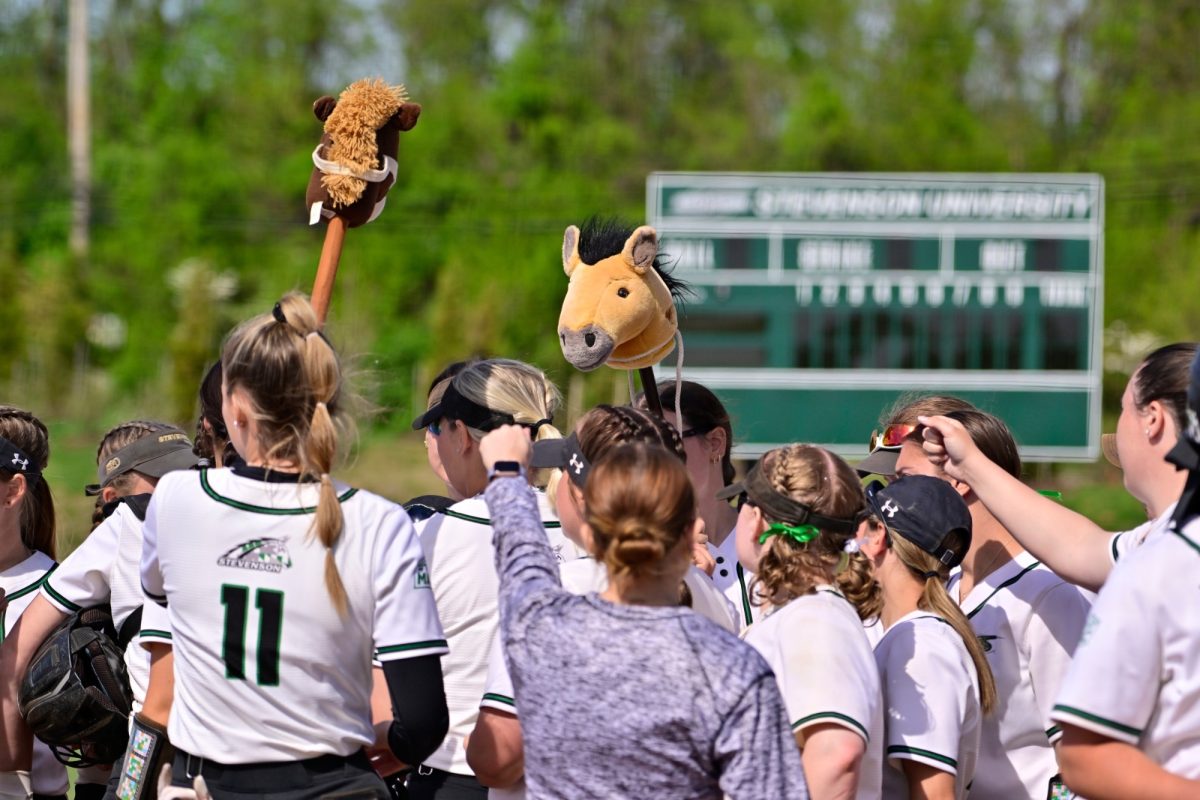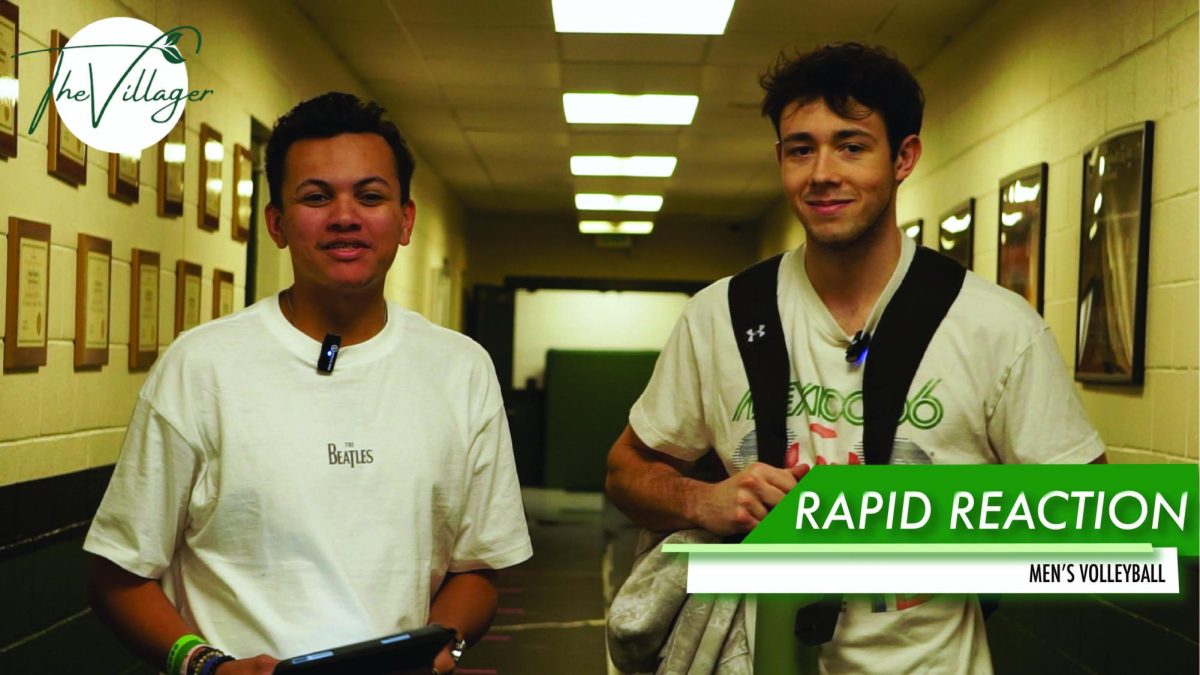
The increased uncertainty as a result of the Covid-19 pandemic has brought its share of financial struggles. Despite a shift in the market, students can deepen their understanding of the real estate industry and open up doors to opportunities in the field by taking part in the Real Estate professional minor at Stevenson University.
The Real Estate minor, which began in the fall of 2018, is the newest addition to the list of professional minors offered at Stevenson University. This four-course, or 12 credit, program currently has 100 unofficially declared minor students who have completed Principles of Real Estate (REA-300), the first of four courses in the minor.
After students complete their REA 300 prerequisite, the following three courses, Property and Asset Management (REA-310), Commercial Transactions (REA-320) and Real Estate Market Analysis, Valuation and Finance (REA-400) can be taken in a random sequence. In May 2020, there were five seniors who graduated with a minor in Real Estate.
Chikwado Nsoedo, one of these five seniors who successfully completed the minor, said that his favorite part of the minor was that it introduced him to all of the different sectors of real estate and gave him a thorough overview of the skills required to be successful in the field. He hopes to one day open up his own real estate firm and believes that the professional minor has put him in the position to do this.
The Real Estate minor was designed to prepare students for the workforce by developing their commercial and industrial real estate knowledge. Tim O’Donald, one of the two current professors in the minor, said that he wants to make sure students are “conversant with the topics” of property management, commercial real estate, or sales and able to get jobs in the field. O’Donald, who is also the President of Harbor East Management Group in Baltimore, allows his students to gain hands-on experience by visiting apartments and developments managed by his company. Nsoedo said that this was one of his favorite parts of the minor because it allowed him to see first-hand what a life in real estate consists of.
Although the program is only a four-course minor, O’Donald and his colleague, Marc Fischer, hope that one day it can grow into an entire major and students will be able to study the concepts more in depth over the course of four years.

O’Donald further explained how much of an impact Covid-19 has had on the real estate industry. He explained that 75 to 85 percent of hotel revenue is from business and government travel. With many working from home, the hotel industry has seen consistent lows in occupancy rates and some have even temporarily shut down to avoid unnecessary operating costs.
Retail and restaurant spaces were also affected by the Covid-19 pandemic. Government restrictions closed businesses for a substantial amount of time and when reopened, strictly limited the number of patrons allowed in one business at a time. O’Donald added that full-service restaurants took the hardest hit. Having to rearrange dining areas to uphold social distancing protocols, they were forced to service less people at a time and depend heavily on profits generated by online pick-up and delivery orders.
The multi-family residential and office market also faced difficulties as prices of properties rose while companies struggled to keep up with supply and demand. However, there is hope for recovery and opportunity in the future.
The real estate industry is a very lucrative field that will continue to grow and expand as the pandemic resolves itself. Students interested in pursuing careers in real estate or just learning more about the field are strongly encouraged to declare the minor or simply take a couple of classes. More information about the Real Estate professional minor can be found here and students can declare the minor with their success coach or advisor.

























































